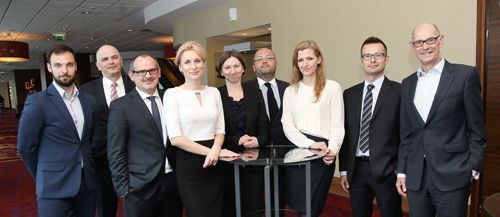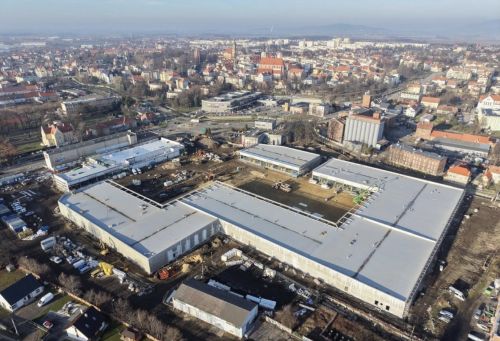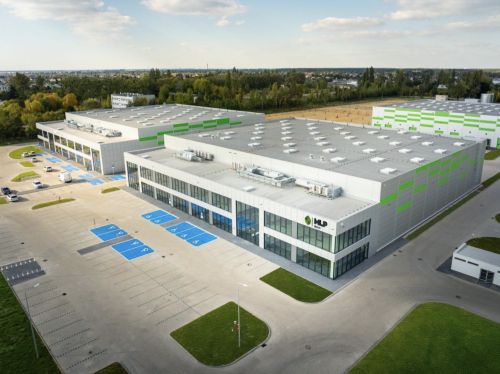Tomasz Szpyt, ‘Eurobuild Central & Eastern Europe’: How are tenants evaluating the availability and quality of office space? What could be changed?
Ryszard Piskorz, director of BNP Paribas Securities Services in Poland: I can see pros and cons in the current situation. As a tenant I can see the supply outstripping the demand. This is of course very good for us. In Lisbon, where our headquarters are located, there is a shortage of class ‘A’ office buildings, but in Warsaw you can pick and choose – these are the positive aspects. As far as the negative ones are concerned, there is an insufficient level of urban planning. A basin of office buildings was developed in Warsaw’s Mokotów district, which is now referred to as ‘Mordor’, but no conclusions have been drawn from that – a new ‘Mordor’ is being developed in the city’s Wola district. The buildings are very pretty and comfortable, but the shortcomings can already be seen with regard to the planning of adequate





























































